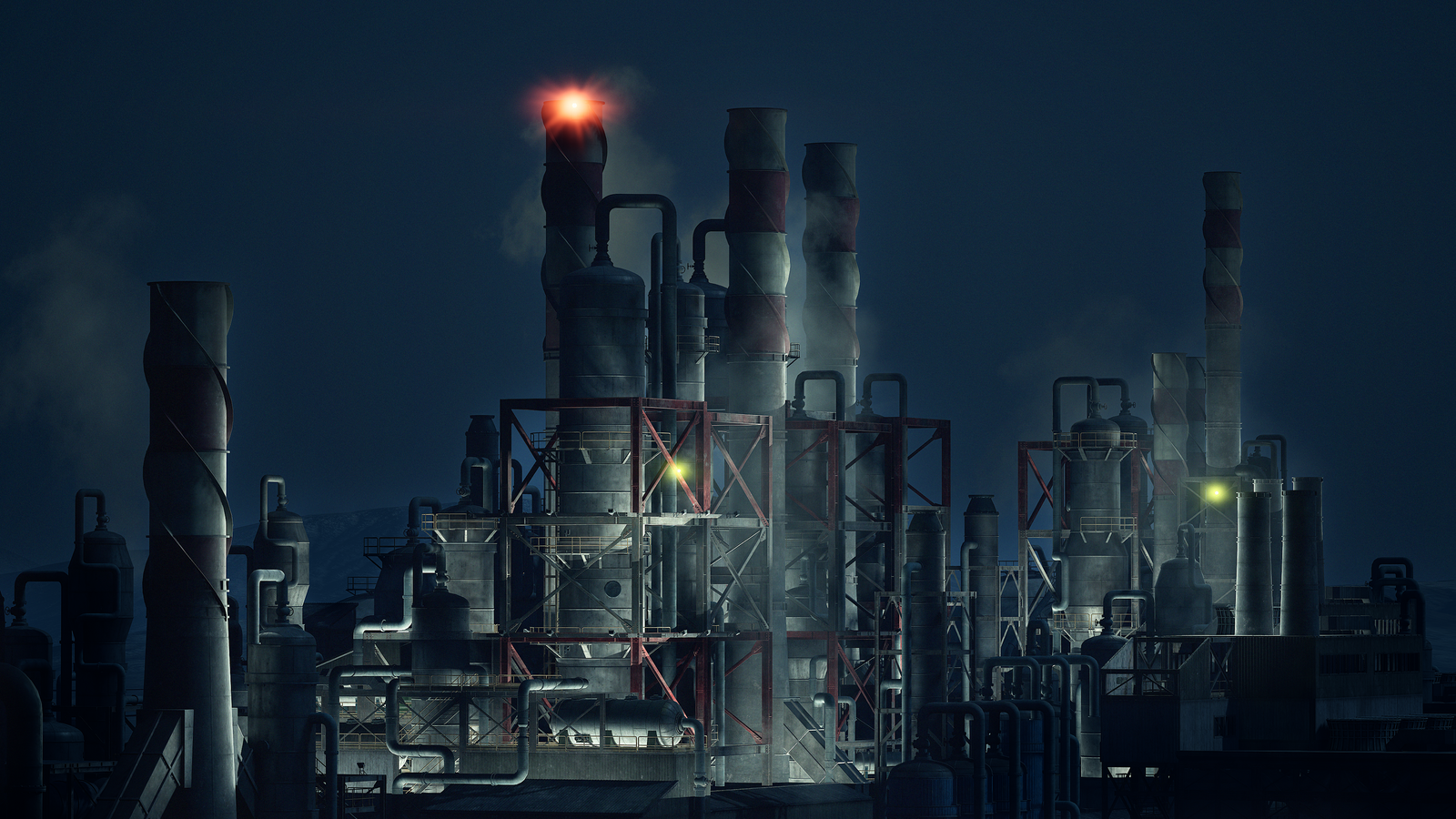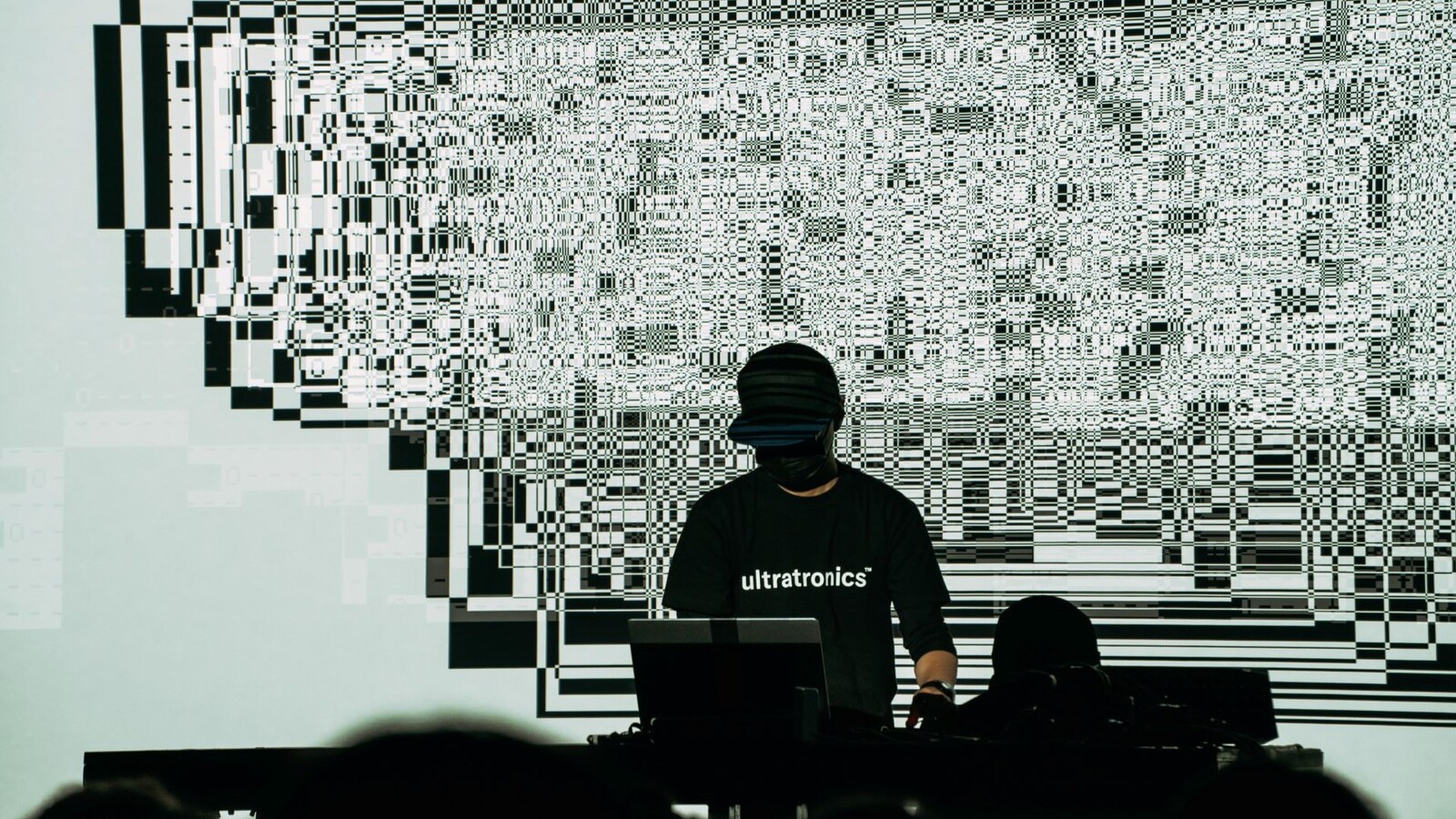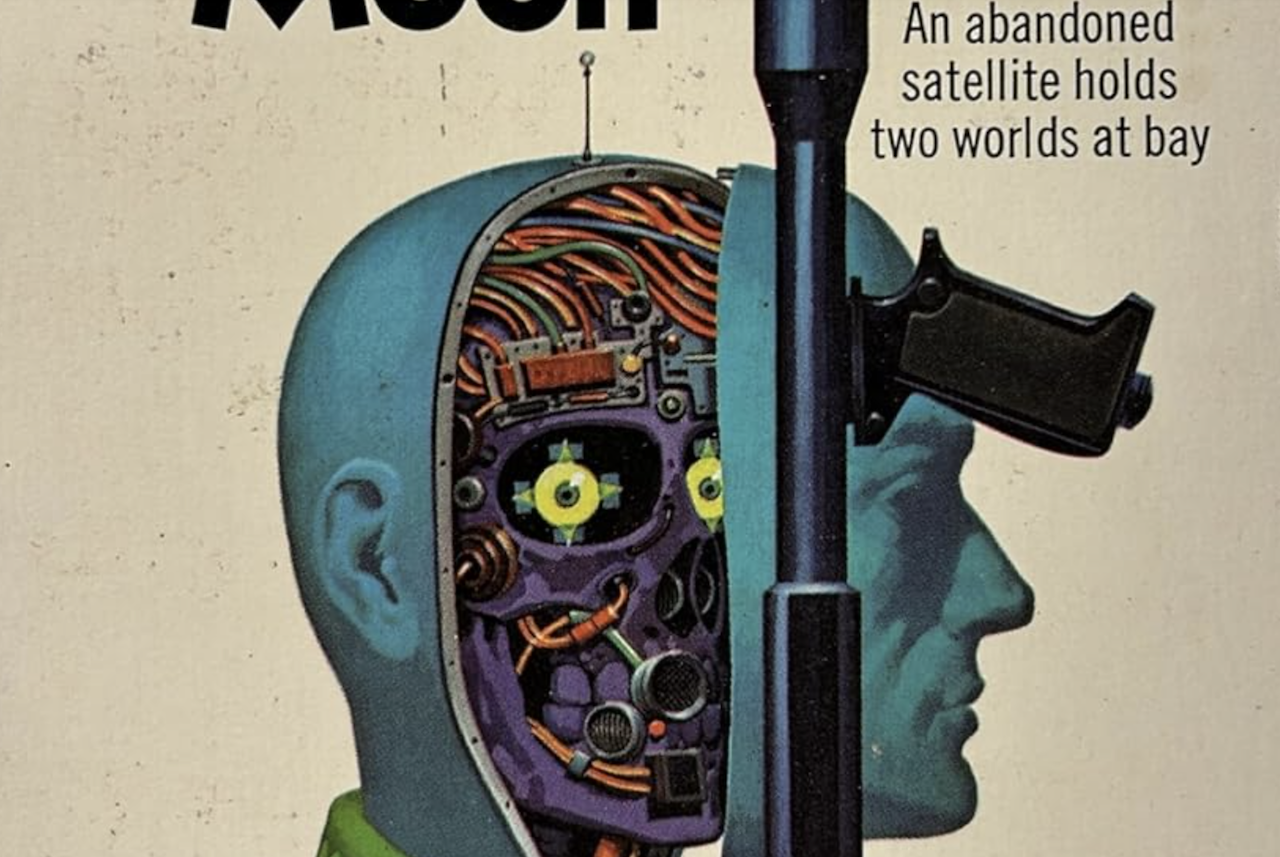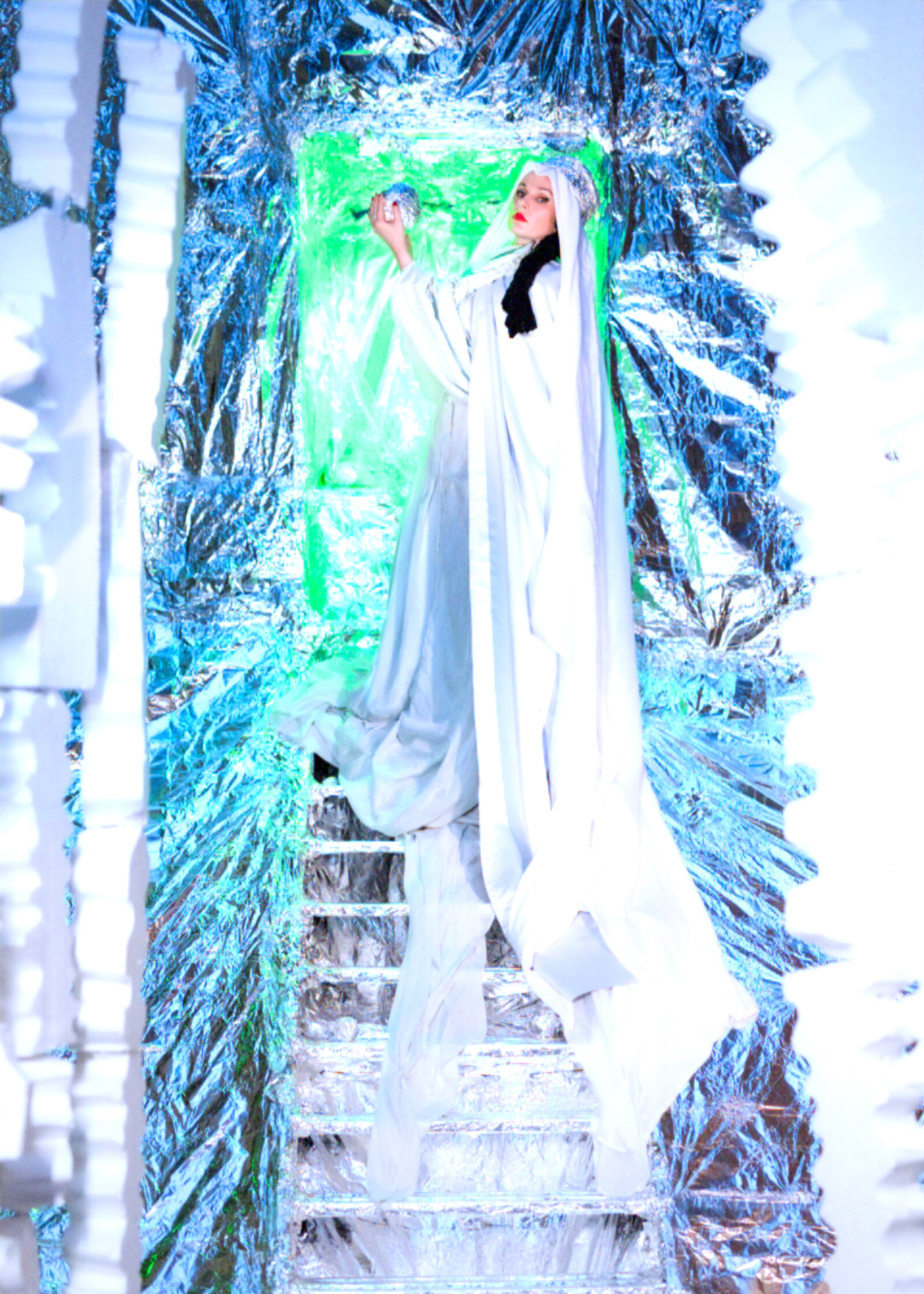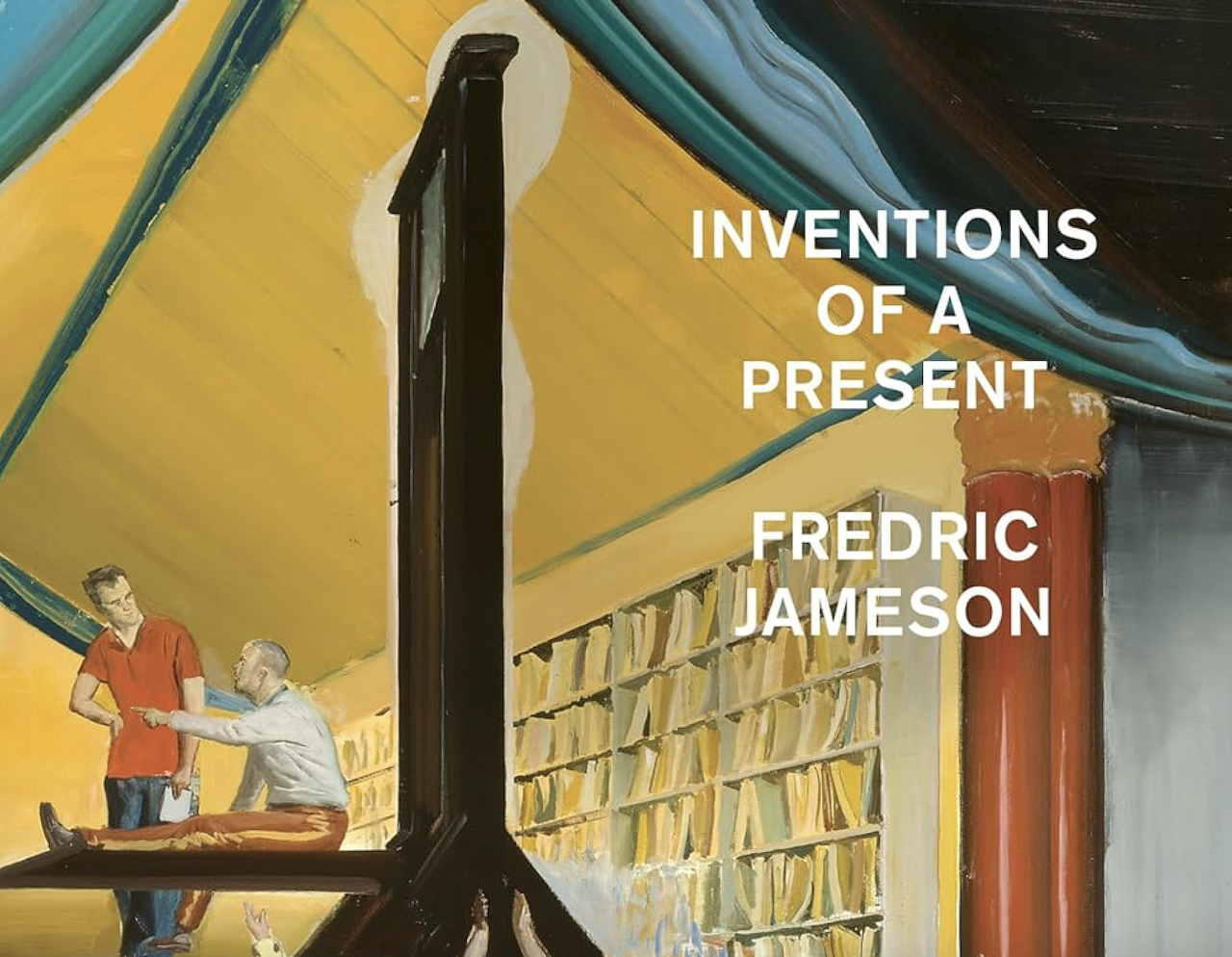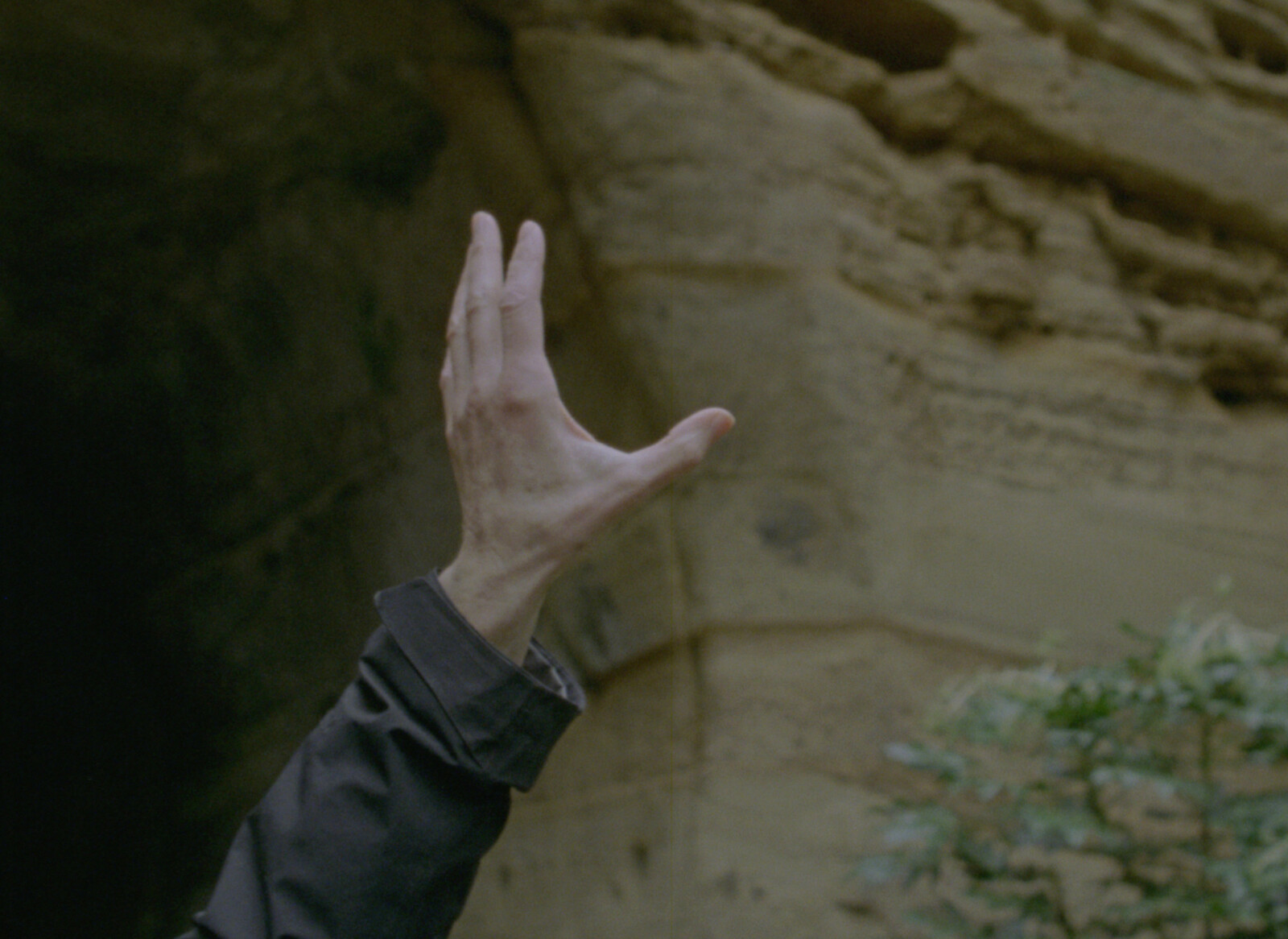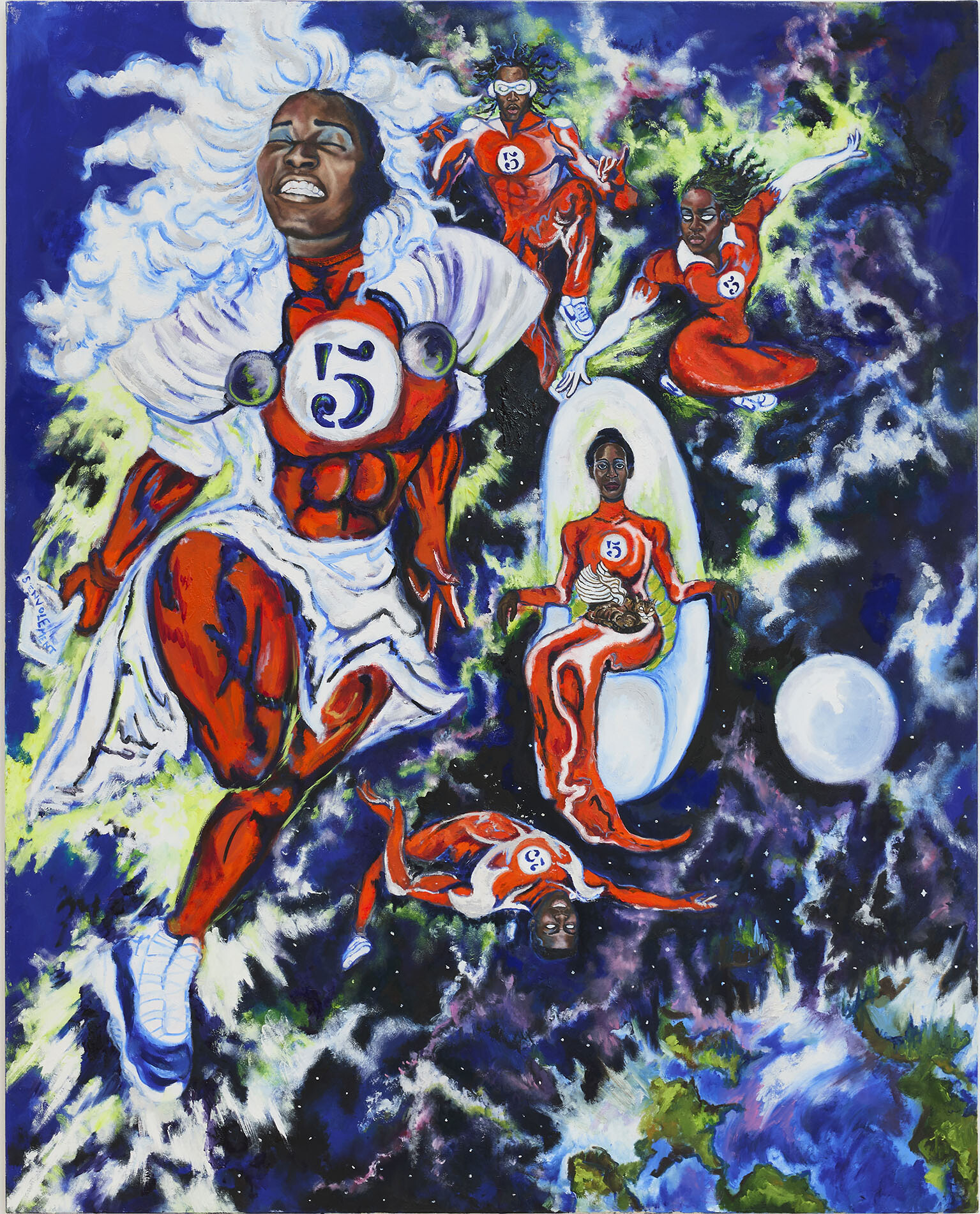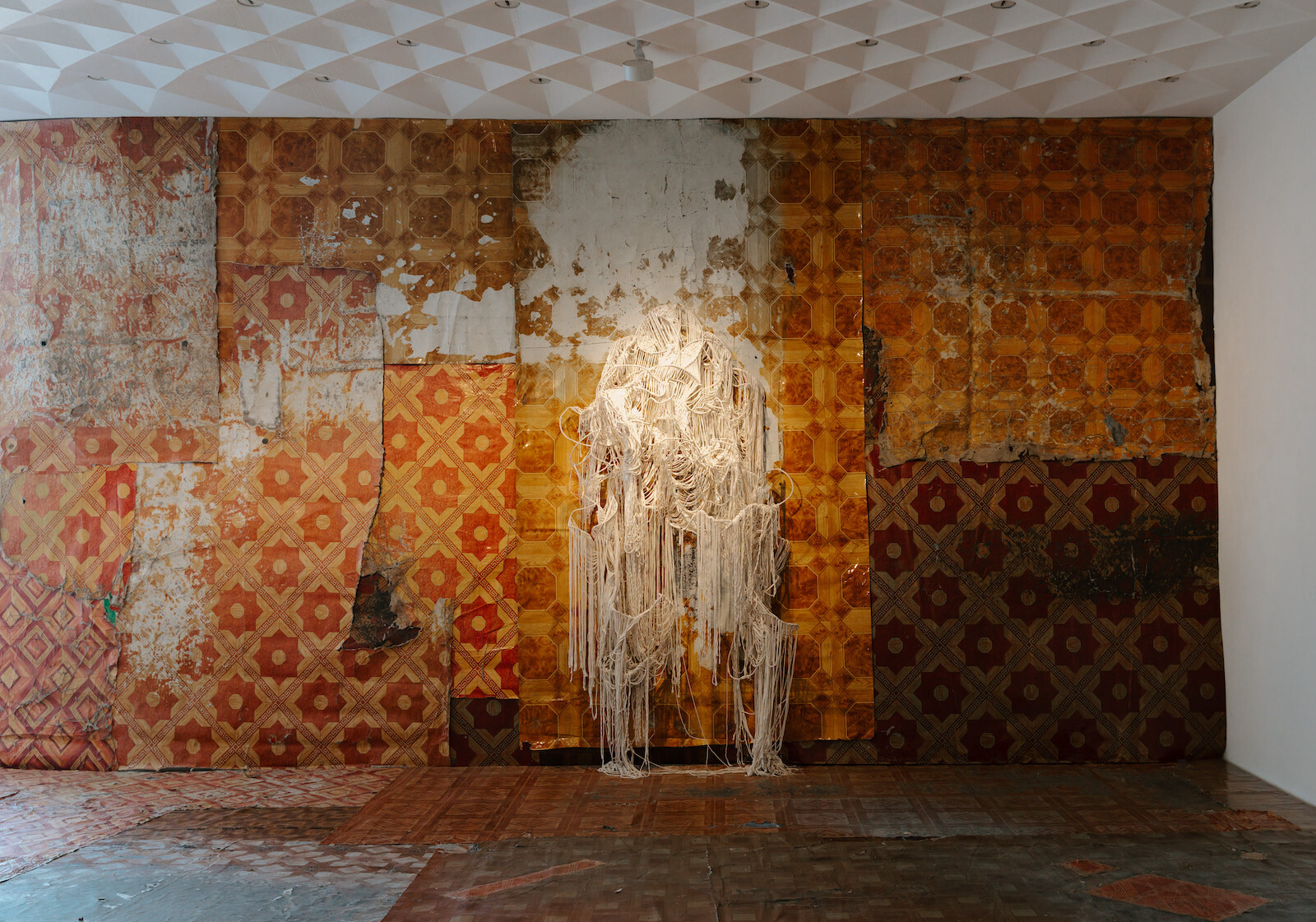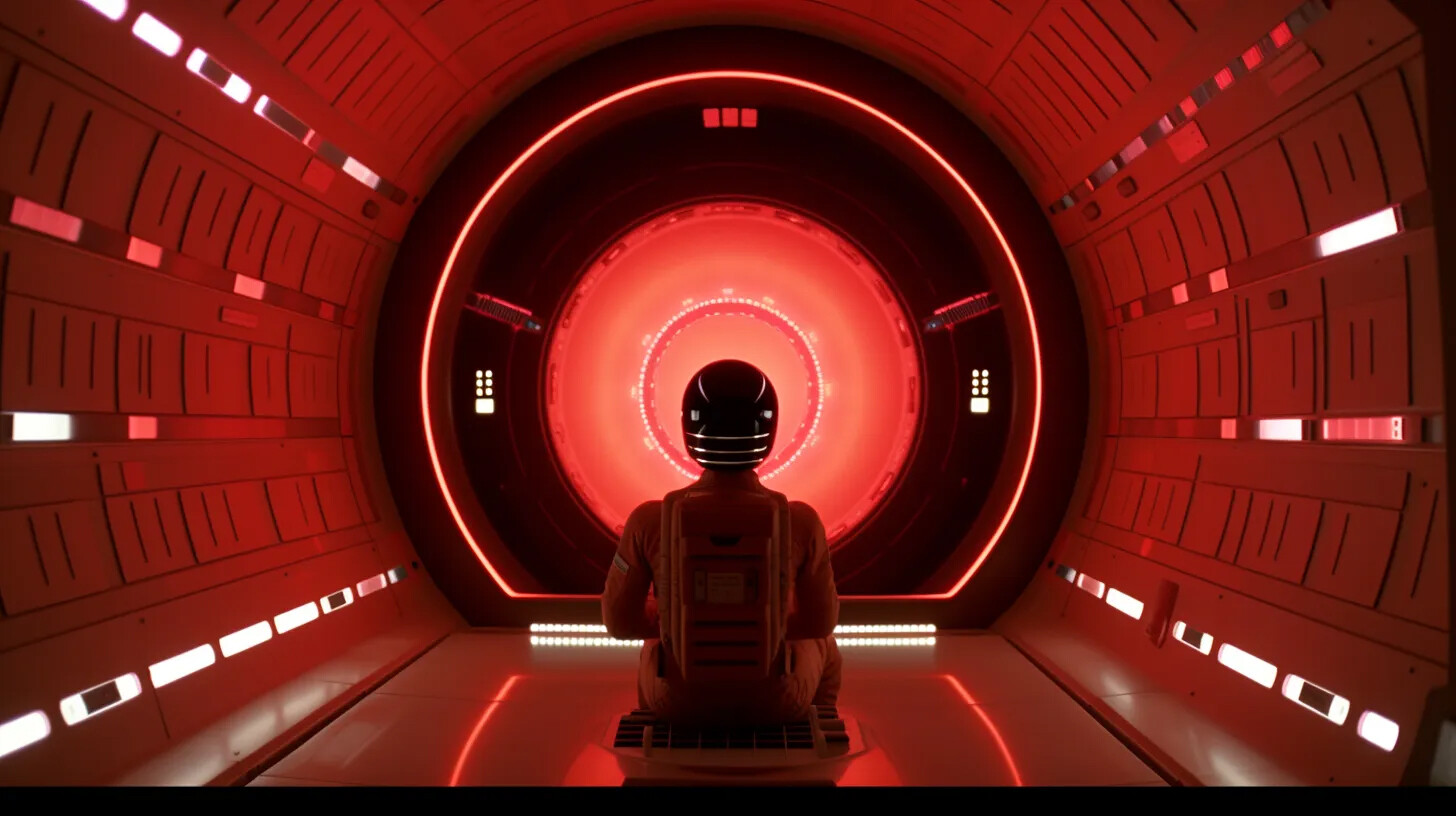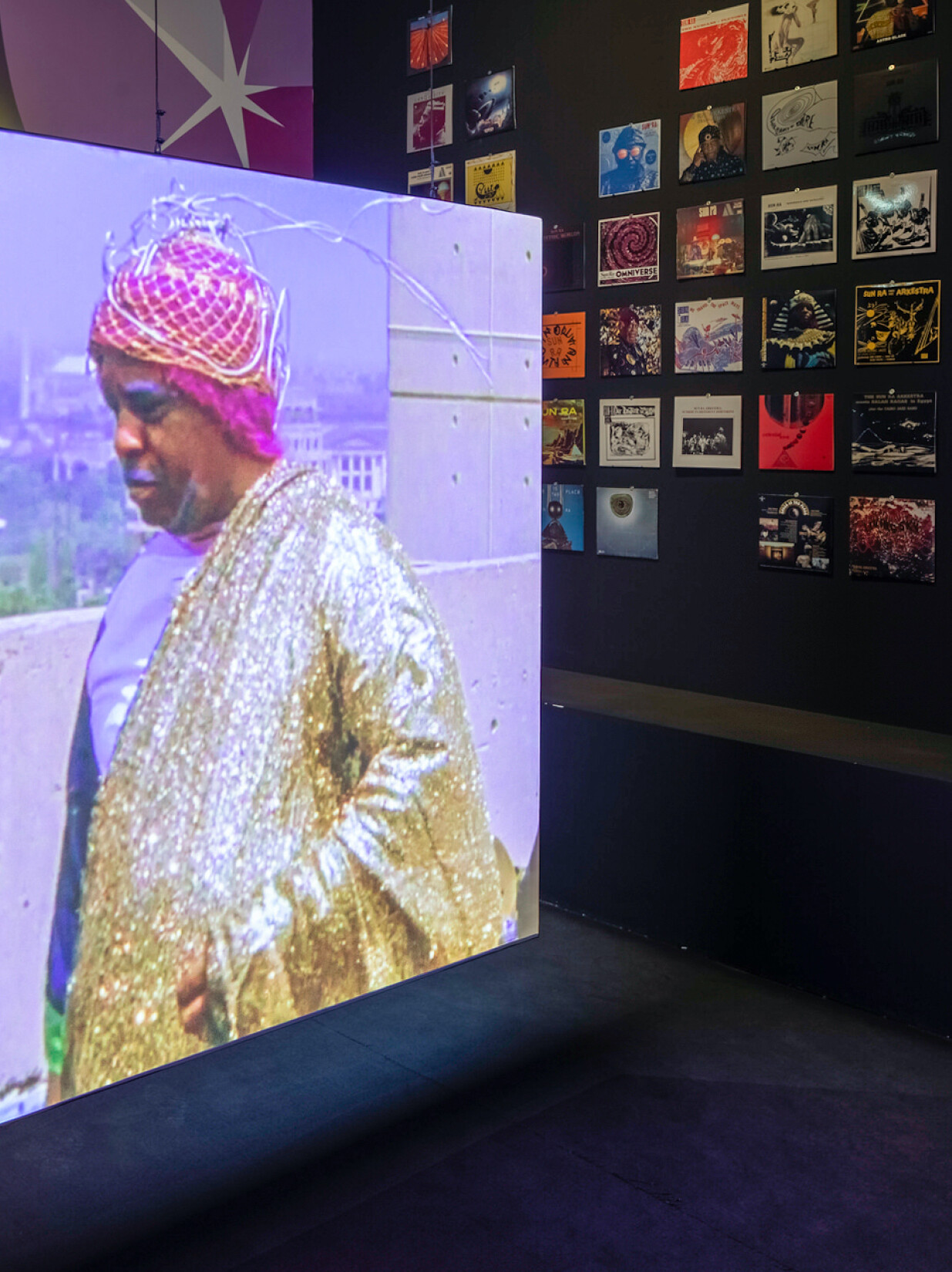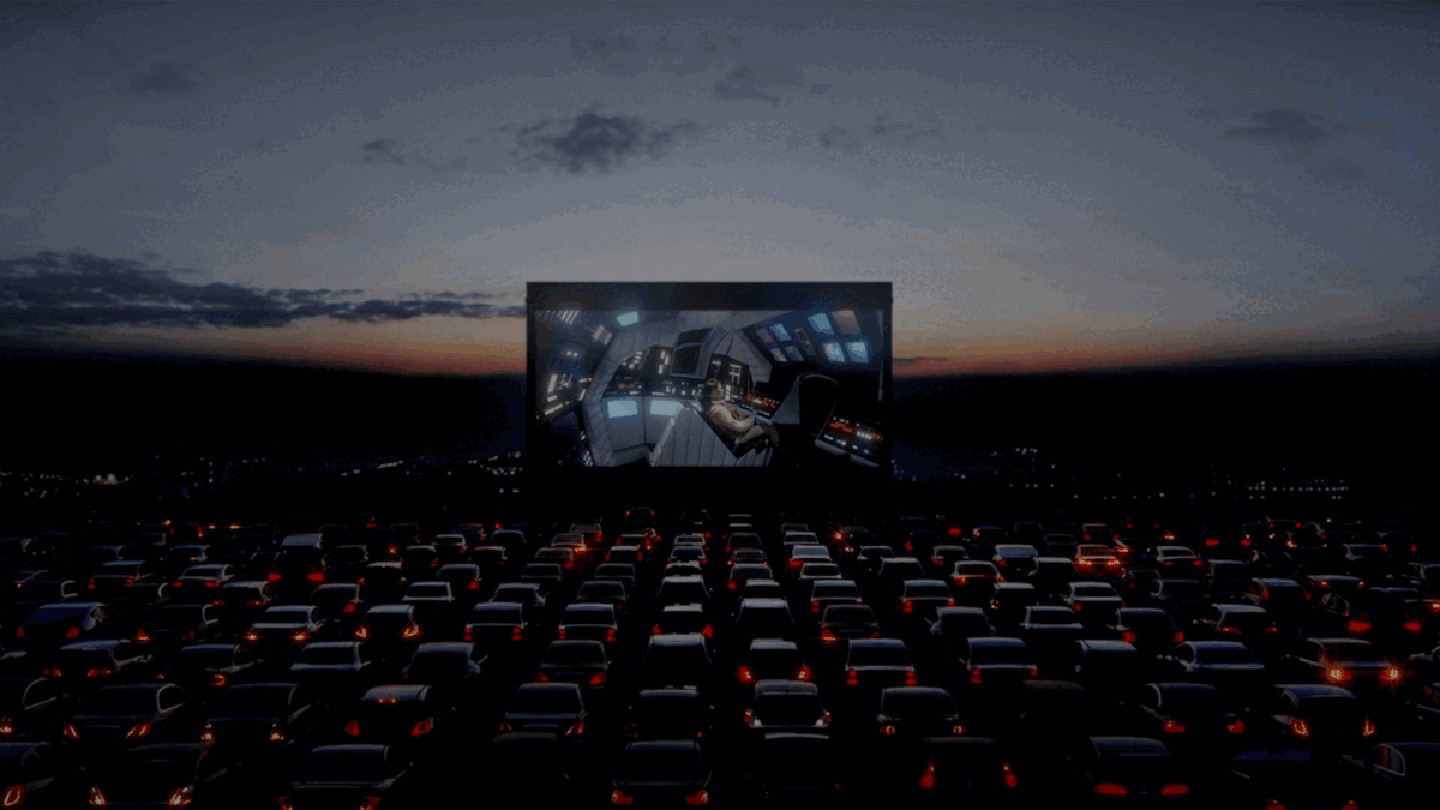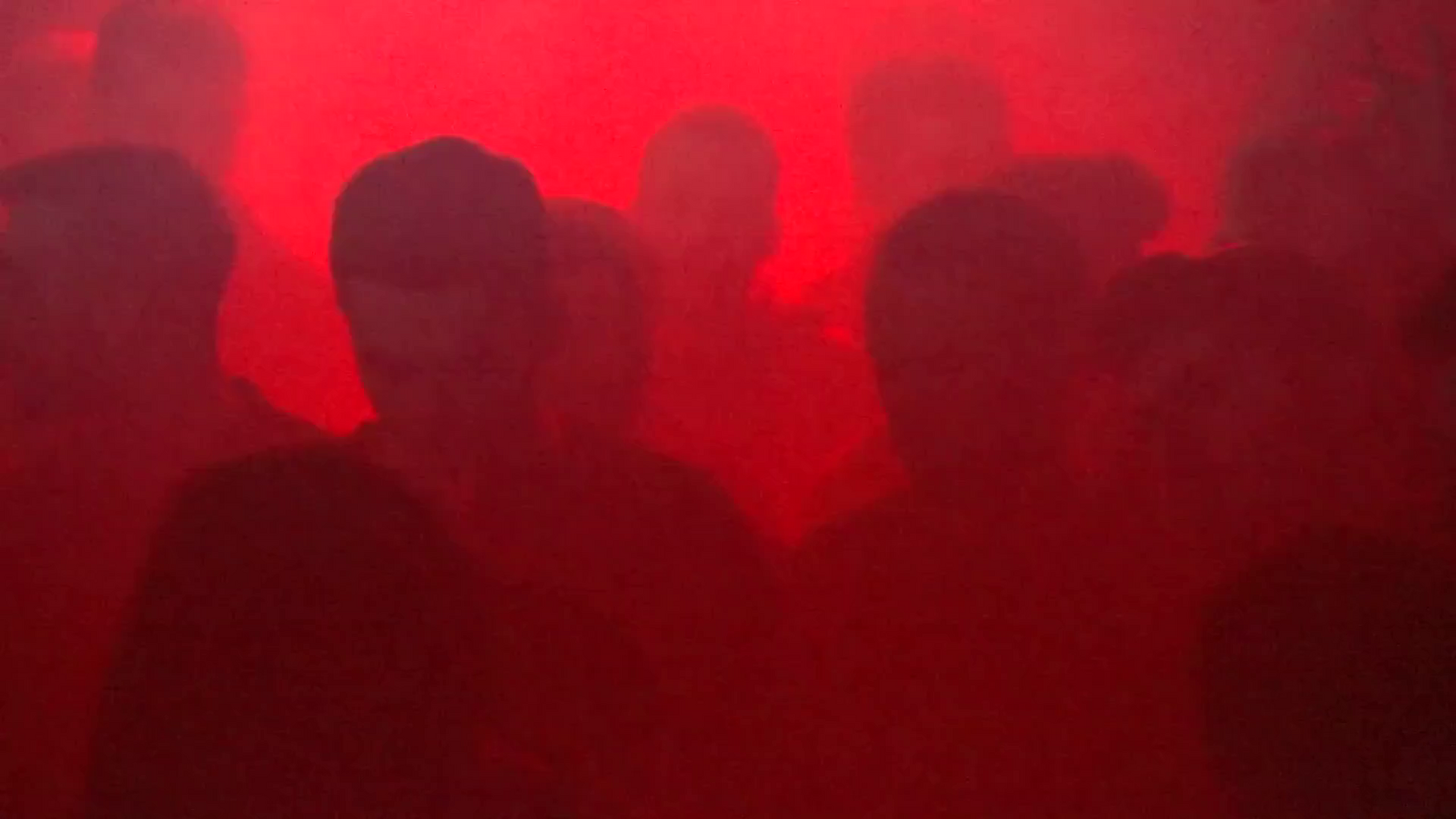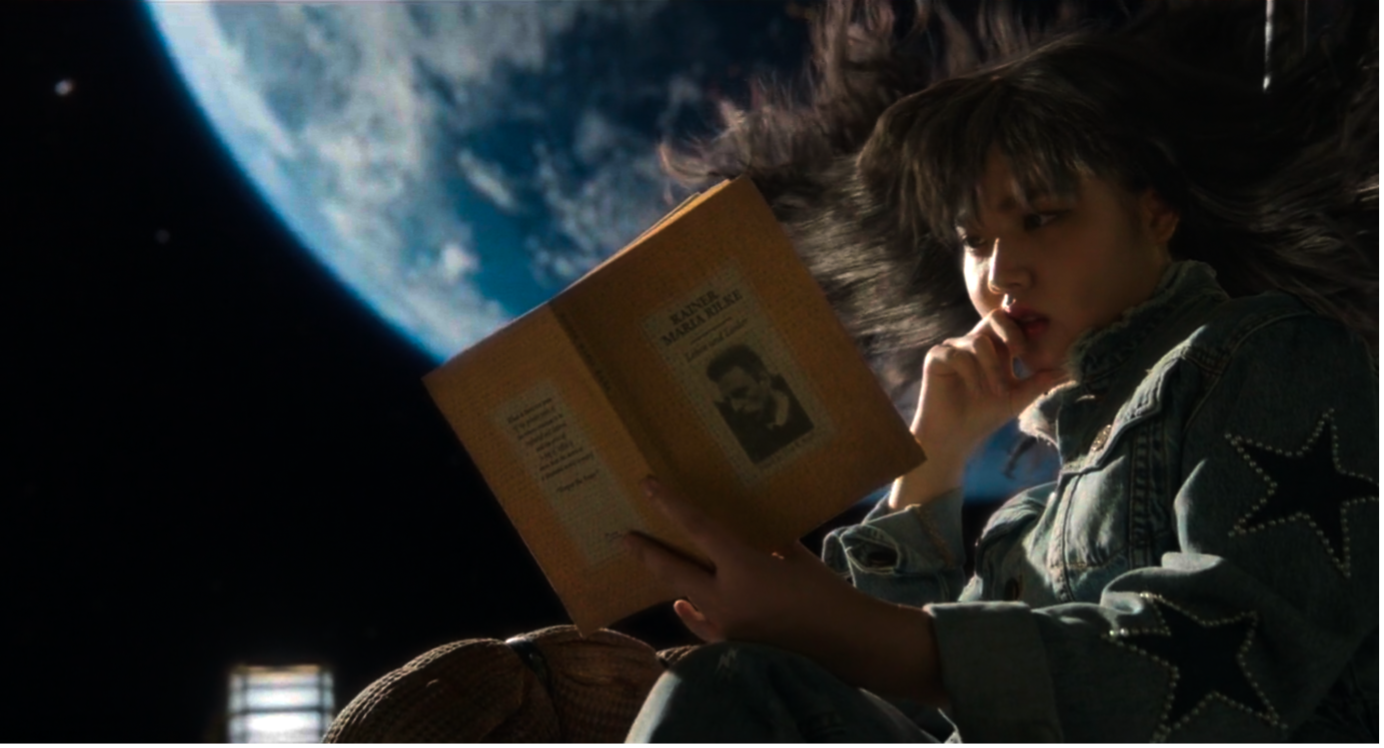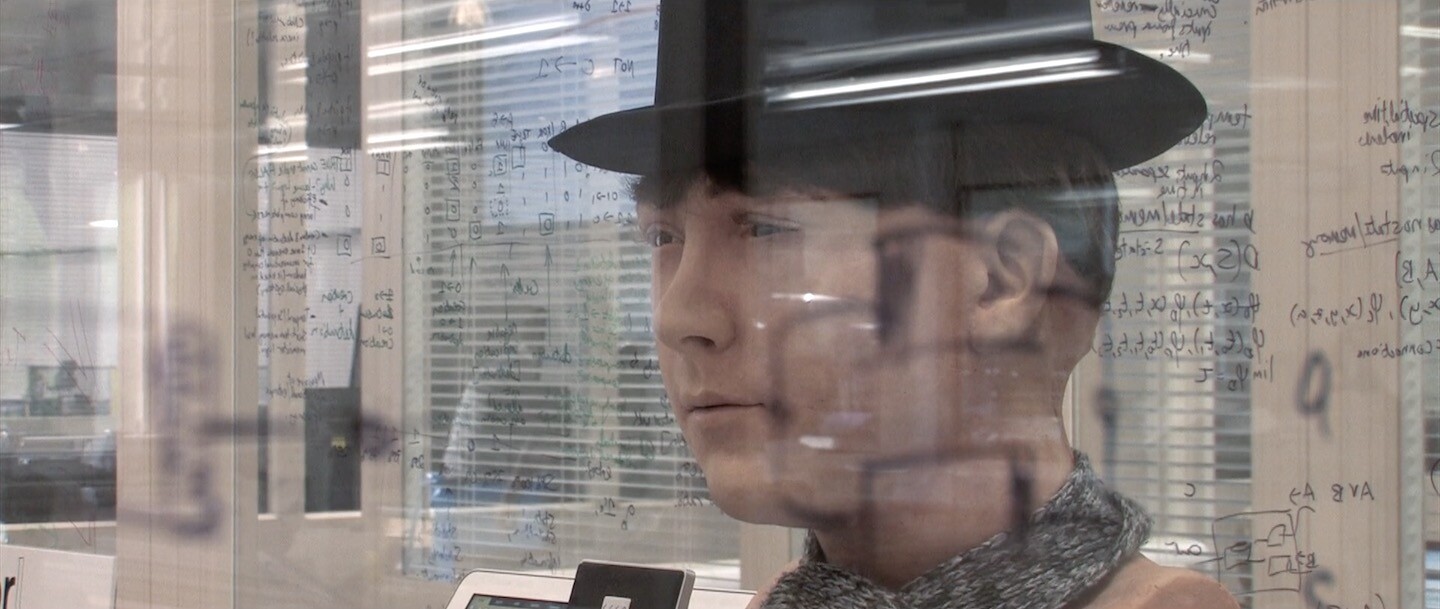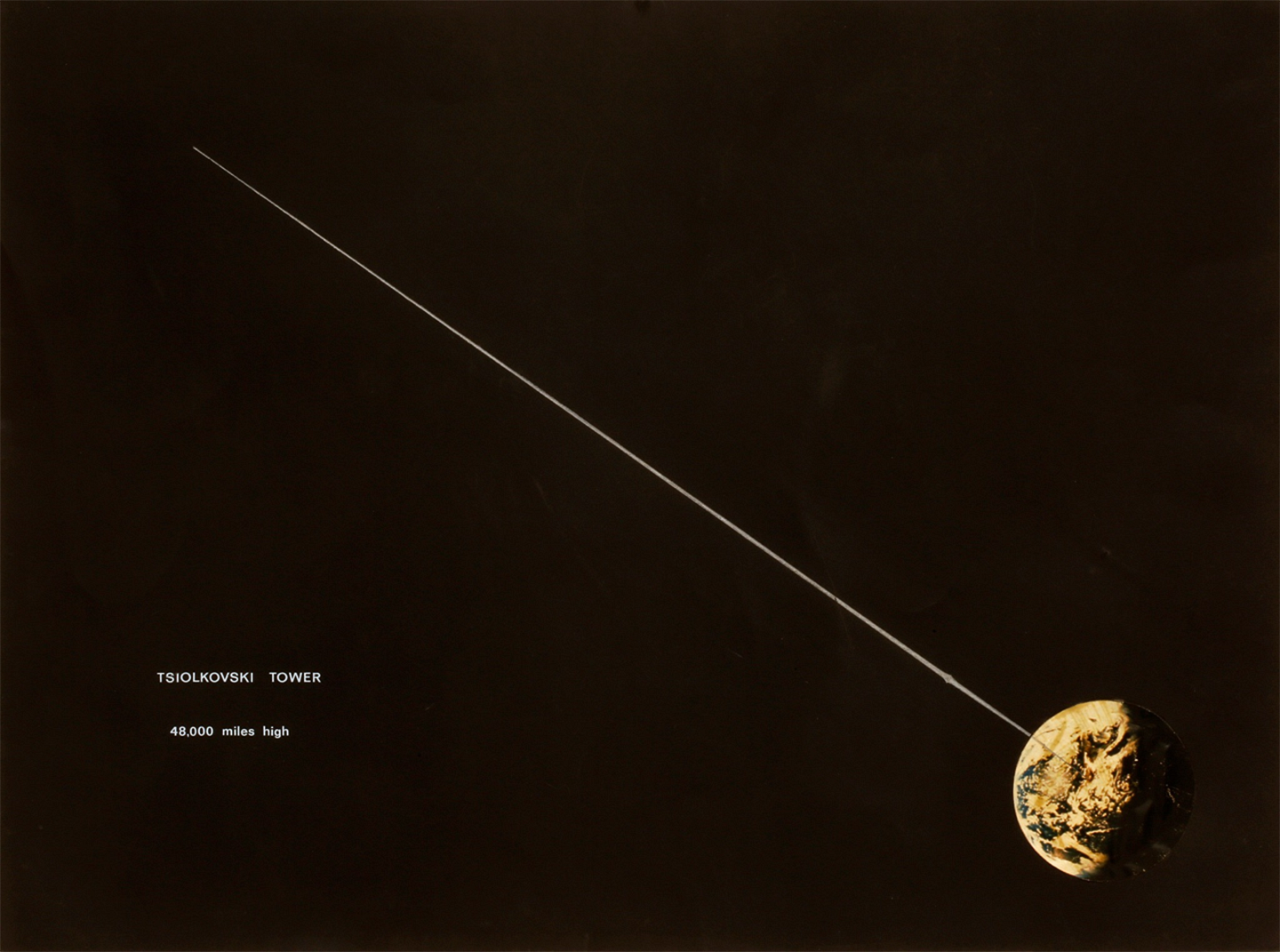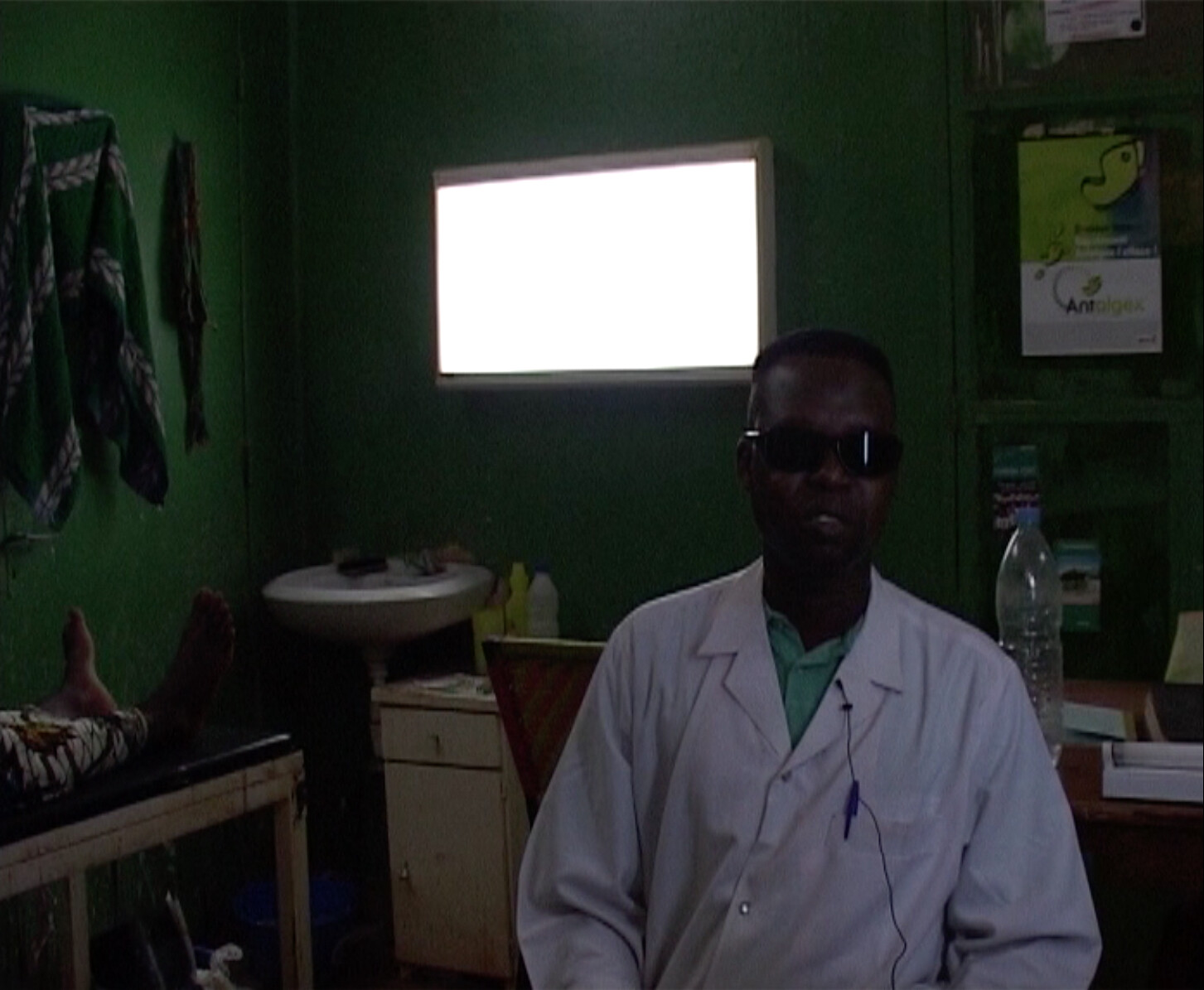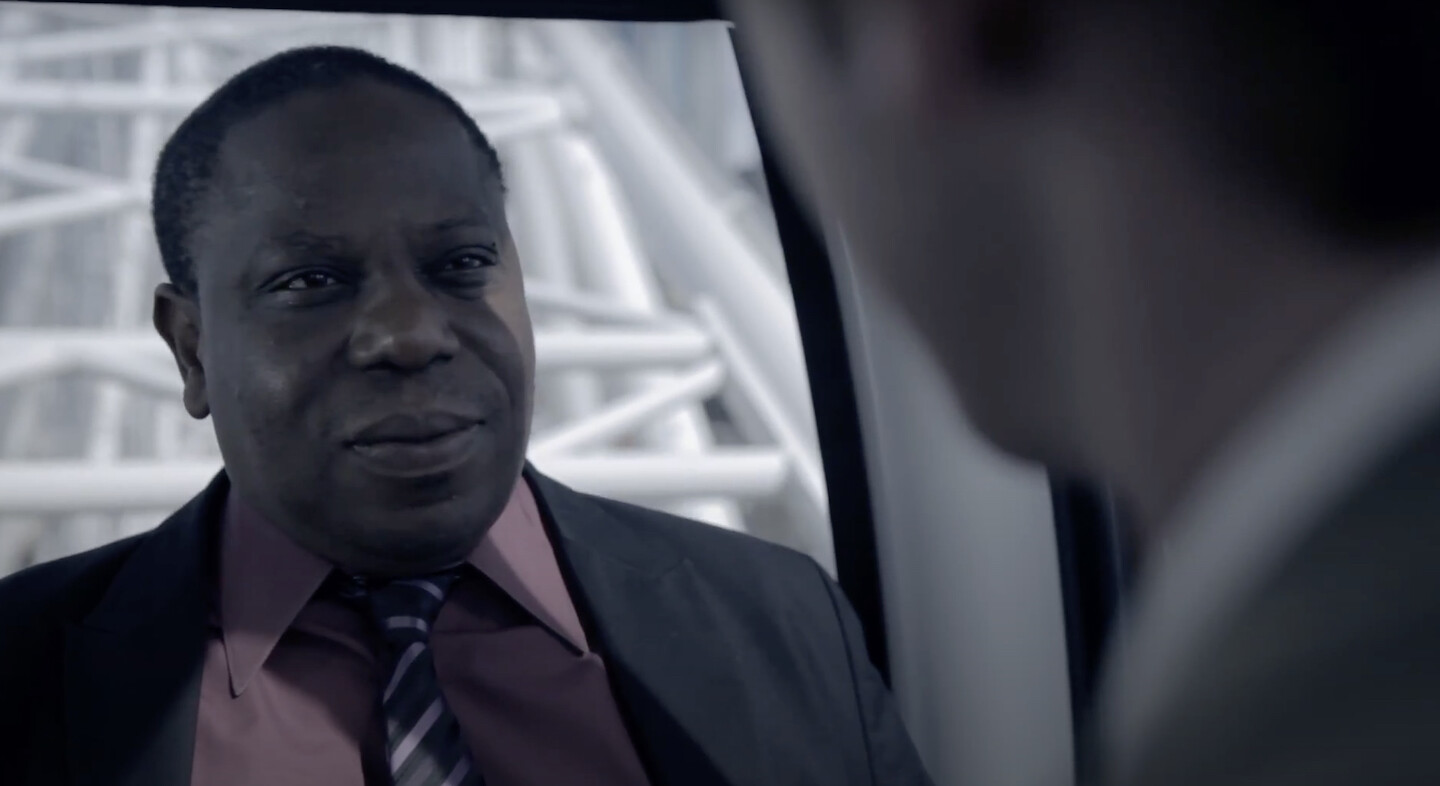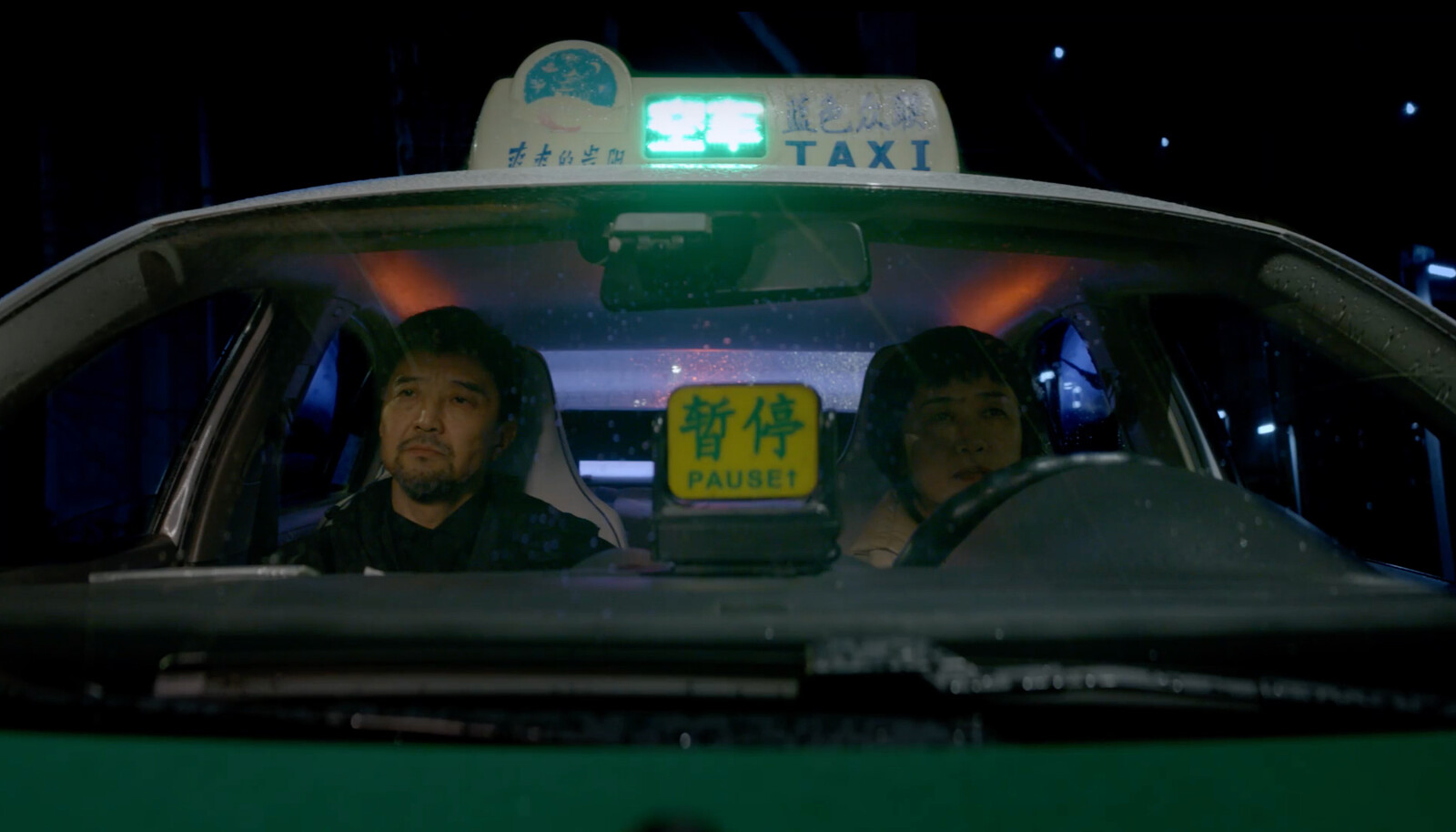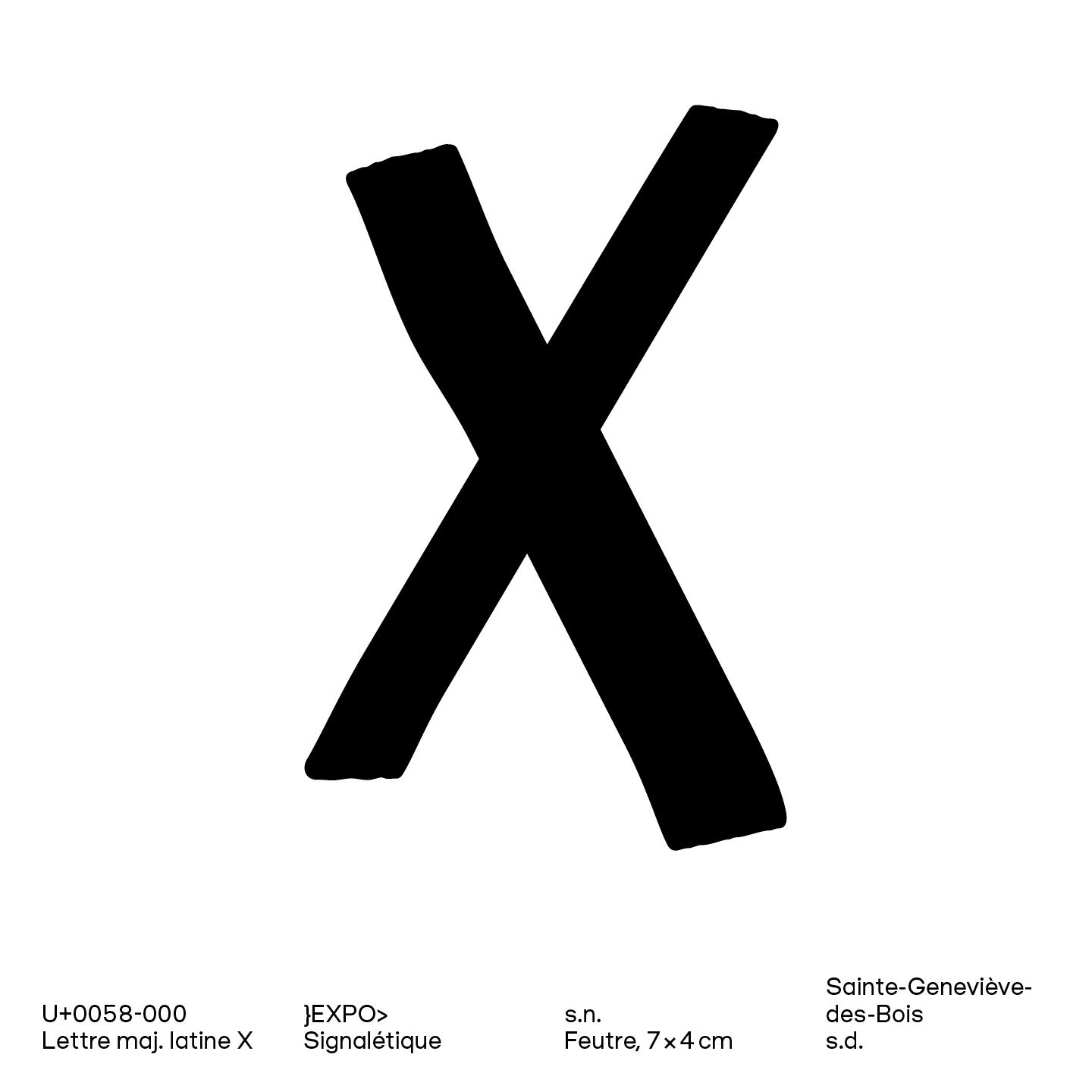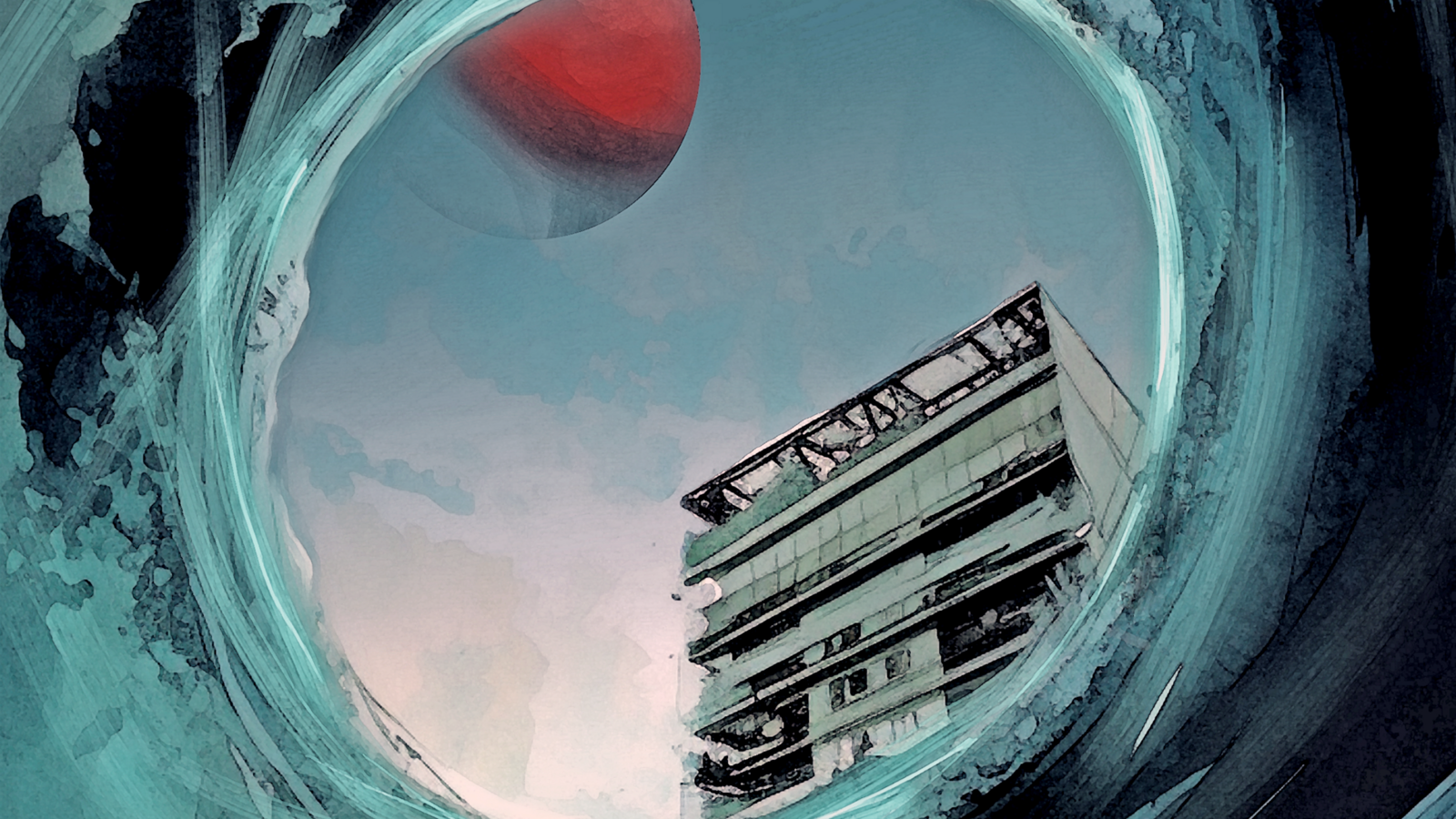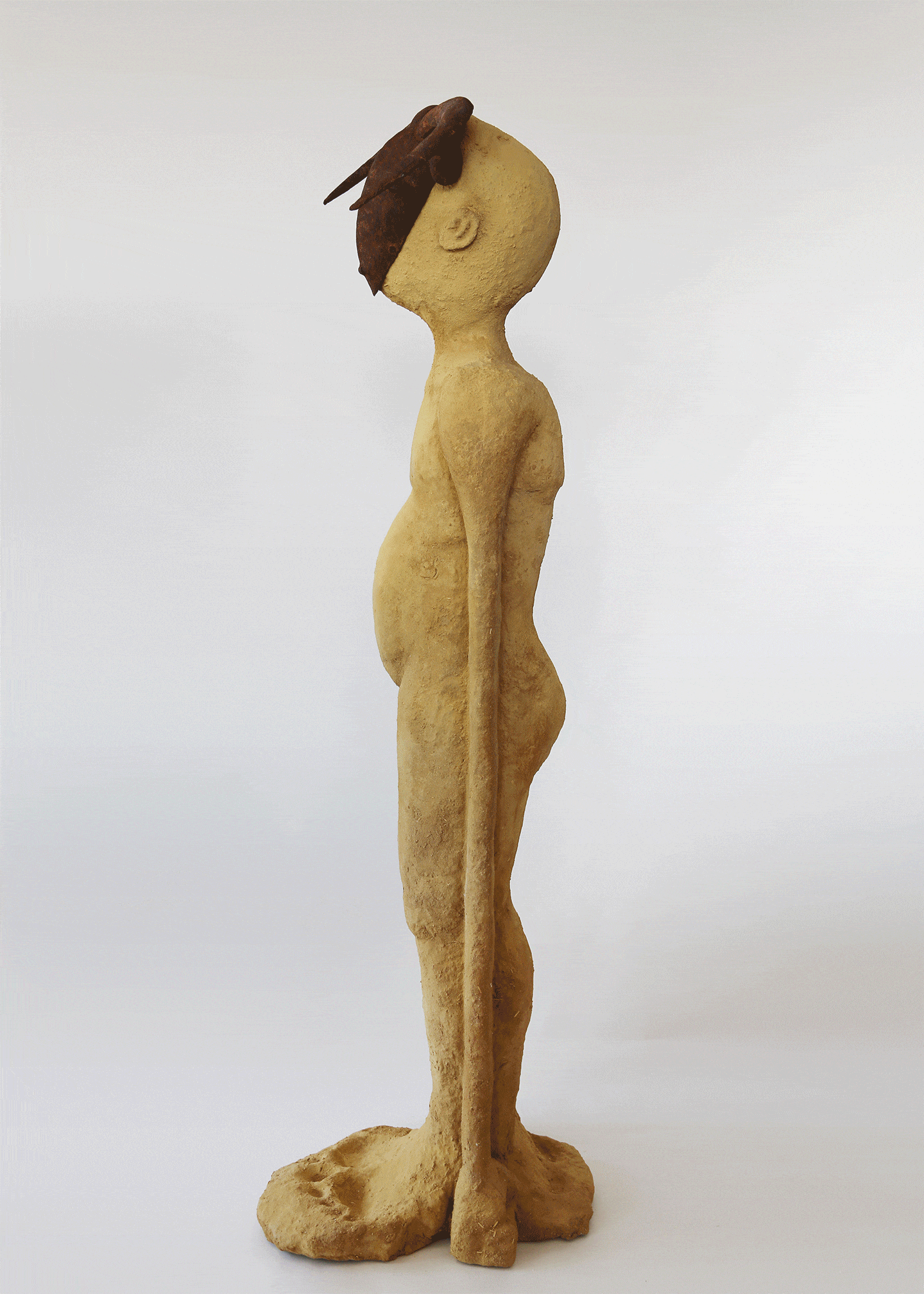Charles Mudede: Consuming Revolutions
III. Speculative Futures and Fabricated Memories: Maha Maamoun, Larissa Sansour, and Neïl Beloufa
II. Existential Frontiers: Ben Rivers and Claire Denis
I. Mind and Machine: Jesse McLean and Alain Resnais
Human-made machines not only want their freedom from their makers but also want to deprive their makers of precisely what they want from them: freedom. The human voices in “Push the Button” are just about to be erased by machines that are in their homes, in their bedrooms, over their beds, hovering, opening, preparing to vacuum up their living souls. At this late point, the only thing that can stop this rebellion is pushing the button. (“I can’t program my machine / Now it wants to take my soul / Stop or it will proceed.”) The hope, it seems, is that the nukes (machines) will bomb us back to the land before time—or, more precisely, the gates of paradise. Here, where the curse began, we start all over again. This is the source of the track’s theological theme. Nature in “Push the Button” is God.
Launch of e-flux journal issue #142: Cosmos Cinema
Deception plays such a foundational role in the cosmic power struggles of the Three Body saga that its central tenet, the Dark Forest Theory, gained traction in wider cultural discourses. This theory likens intelligent life in the universe to hunters dispersed in a dark forest, vying for limited resources and unaware of each other’s locations. Silence and deceitfulness are essential to survival, given that the exposure of one’s coordinates will likely invite direct attack.
I can hardly bear it when it is over, I can hardly bear it when it starts
“Will AI Also Remember the Days of Slavery?,” a lecture by Charles Mudede

